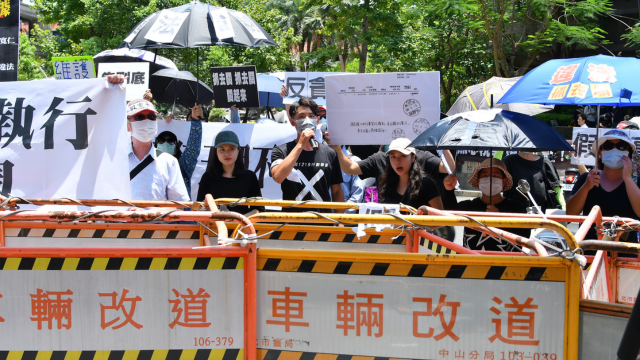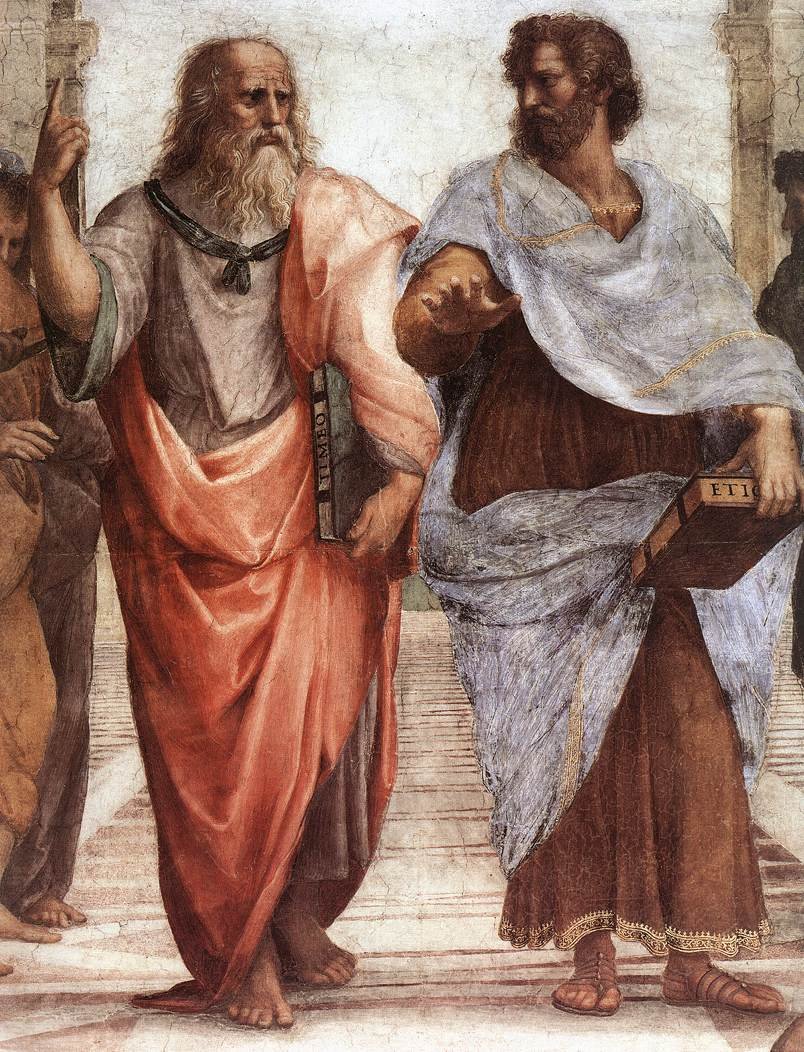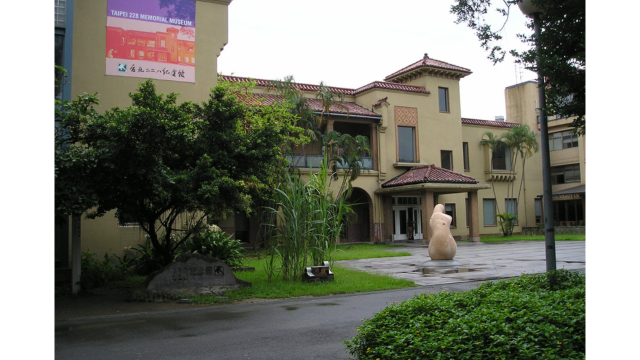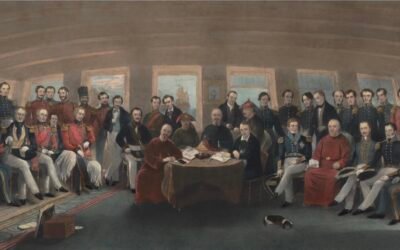When governments repress citizens, they trespass their mandate for securing justice. The ongoing lesson of Taiwan continues to make the Tai Ji Men case one of international concern.
by Marco Respinti*
*A video paper presented at the conference “End State Persecution and Implement Transitional Justice: The Tai Ji Men Case as an Example,” organized in observance of 228 Peace Memorial Day, Taipei, February 28, 2025.

Today is not just the anniversary of the “228 Incident,” or the brutal repression unleashed by the government of the Republic of China in Taiwan in February 1947. It underlines the lasting impact that such a tragic event had and has on a group of peaceful, law-abiding, and patriotic Taiwanese citizens. These are the Shifu (Grand Master) and dizi (disciples) of Tai Ji Men.
I speak today in my capacity as Director-in-Charge of “Bitter Winter,” the online daily magazine in English dedicated to religious liberty and human rights. I want to emphasize that my message is entirely apolitical, as is everything we publish in “Bitter Winter.” We all hold a variety of personal political opinions and belong to different religious or non-religious traditions, and we regard it as entirely normal. Our sole aim is to uphold, protect, and defend the right to freedom of religion, belief, or creed (FoRB) for everyone, as we believe it is a fundamental human right.
Having a political or religious persuasion does not interfere with our unwavering dedication to that cause. The two can coexist without the need to abdicate one for the other or adopt a relativistic approach to either—and this is a political stance. Not party politics, but politics in the fullest, deepest, and noblest sense of organizing the “public sphere” for the good of the individual and the community. It does not sacrifice “veritas” to appease “Plato,” as the ancient saying goes: “Amicus Plato sed magis amica veritas” (Plato is a friend but truth is a more important friend).

When people are persecuted, harassed, imprisoned, or killed, when their rights are curtailed and their liberties repressed for what they are, believe, think, say, or write, a great injustice is committed not only against the individuals and groups who are the victims of these wrongdoings, but also against society as a whole.
Thus, we do not side with this or that government, party, or politician, but with truth and justice. It matters not to us which political party was in power during the “228 Incident,” nor does it matter the political color of the governments that ruled Taiwan afterward, or of the current Taiwanese government. The same holds true for the political affiliations of any country in the world, whether it be the Republic of China, the United States, the Russian Federation, or any other nation. Again, while we may, and in fact do, have our personal political opinions about countries and governments, in “Bitter Winter” we denounce violations of religious liberty regardless of their political origin.
On the other hand, we are not naïve enough to ignore the fact that governments, through their public security institutions and agencies, have the paramount duty of protecting citizens from harm and securing lasting peace. We understand that this duty may or does require also the use of force. However, when a government opens fire on its own people, or employs coercive or violent means against its citizens out of public fear, mob rule, unfounded accusations, corruption, conspiracy theories, actual plots, or tyrannical political management, it has surely overstepped its bounds. What I saw at the “National 228 Memorial Museum” at No. 54 Nanhai Road in Taipei only deepened this conviction in my soul.

The “228 Incident” in 1947 laid the foundation for the long period of Martial Law in Taiwan, which lasted until mid-July 1987, during which arbitrary excuses could be used to repress anyone at will. The climate of fear and repression created during that time did not dissipate even after the lifting of Martial Law, as evidenced by the government’s crackdown on spiritual movements accused of failing to support the ruling party’s candidate in the 1996 elections.
The ordeal of Tai Ji Men, repeatedly cleared of all accusations by all courts of law in Taiwan, began in 1996 with this history of arbitrary force used by governments—of any political color—to repress the most fundamental aspirations of liberty. This must not be forgotten on this anniversary. It must never be forgotten.

Marco Respinti is an Italian professional journalist, member of the International Federation of Journalists (IFJ), author, translator, and lecturer. He has contributed and contributes to several journals and magazines both in print and online, both in Italy and abroad. Author of books and chapter in books, he has translated and/or edited works by, among others, Edmund Burke, Charles Dickens, T.S. Eliot, Russell Kirk, J.R.R. Tolkien, Régine Pernoud and Gustave Thibon. A Senior fellow at the Russell Kirk Center for Cultural Renewal (a non-partisan, non-profit U.S. educational organization based in Mecosta, Michigan), he is also a founding member as well as a member of the Advisory Council of the Center for European Renewal (a non-profit, non-partisan pan-European educational organization based in The Hague, The Netherlands). A member of the Advisory Council of the European Federation for Freedom of Belief, in December 2022, the Universal Peace Federation bestowed on him, among others, the title of Ambassador of Peace. From February 2018 to December 2022, he has been the Editor-in-Chief of International Family News. He serves as Director-in-Charge of the academic publication The Journal of CESNUR and Bitter Winter: A Magazine on Religious Liberty and Human Rights.



